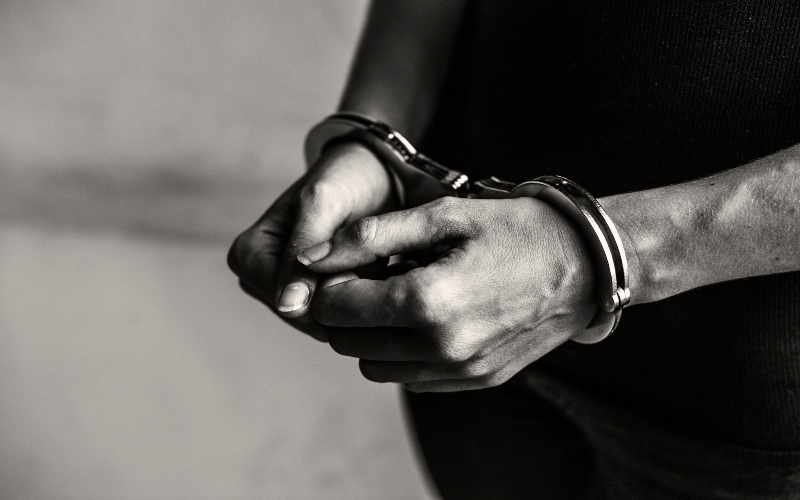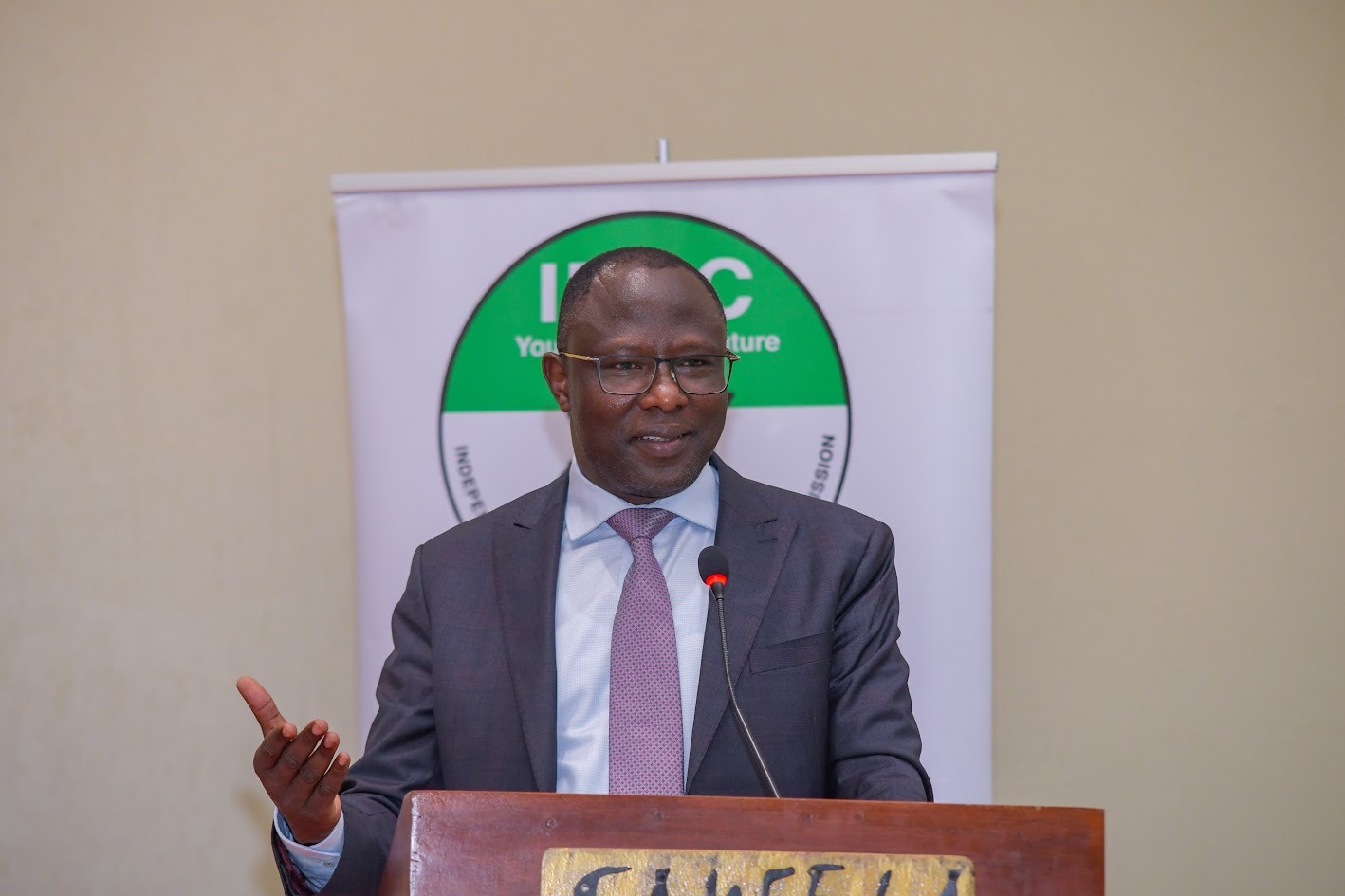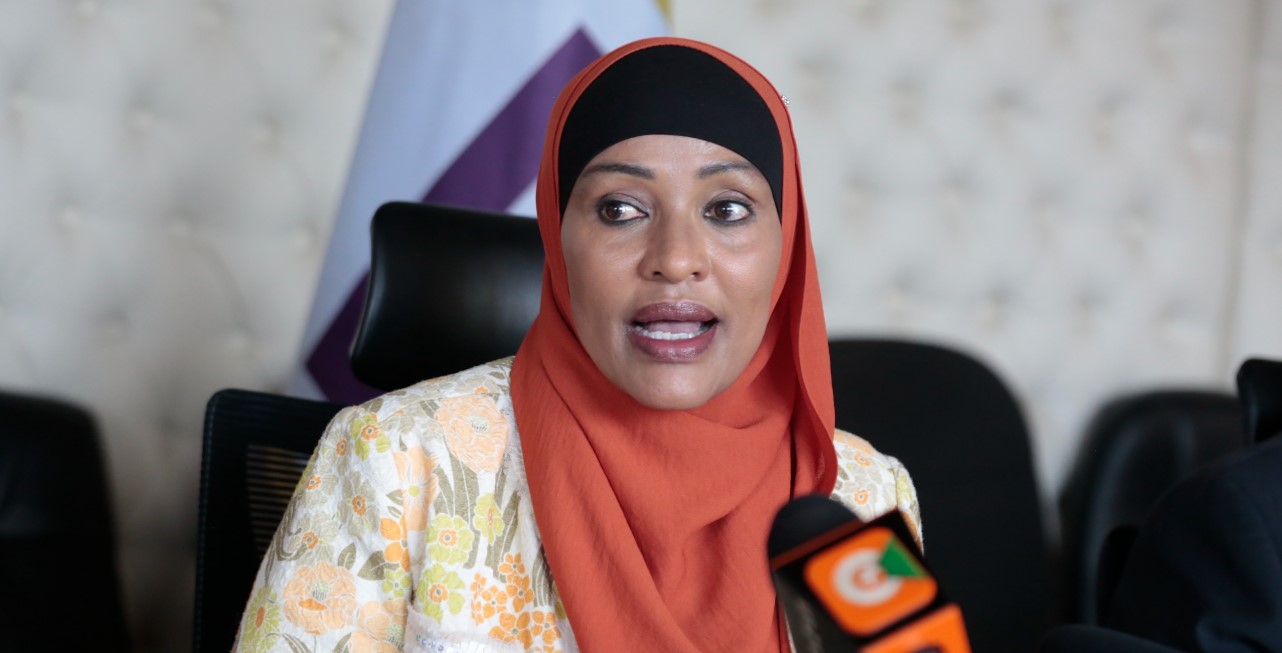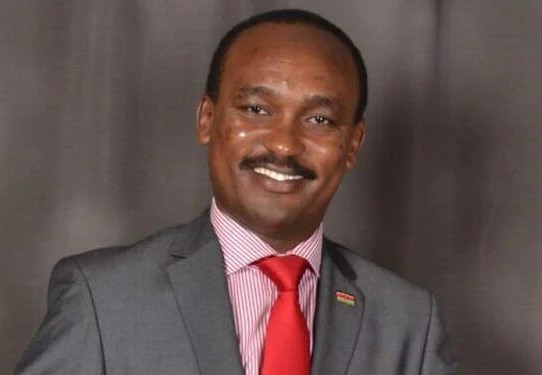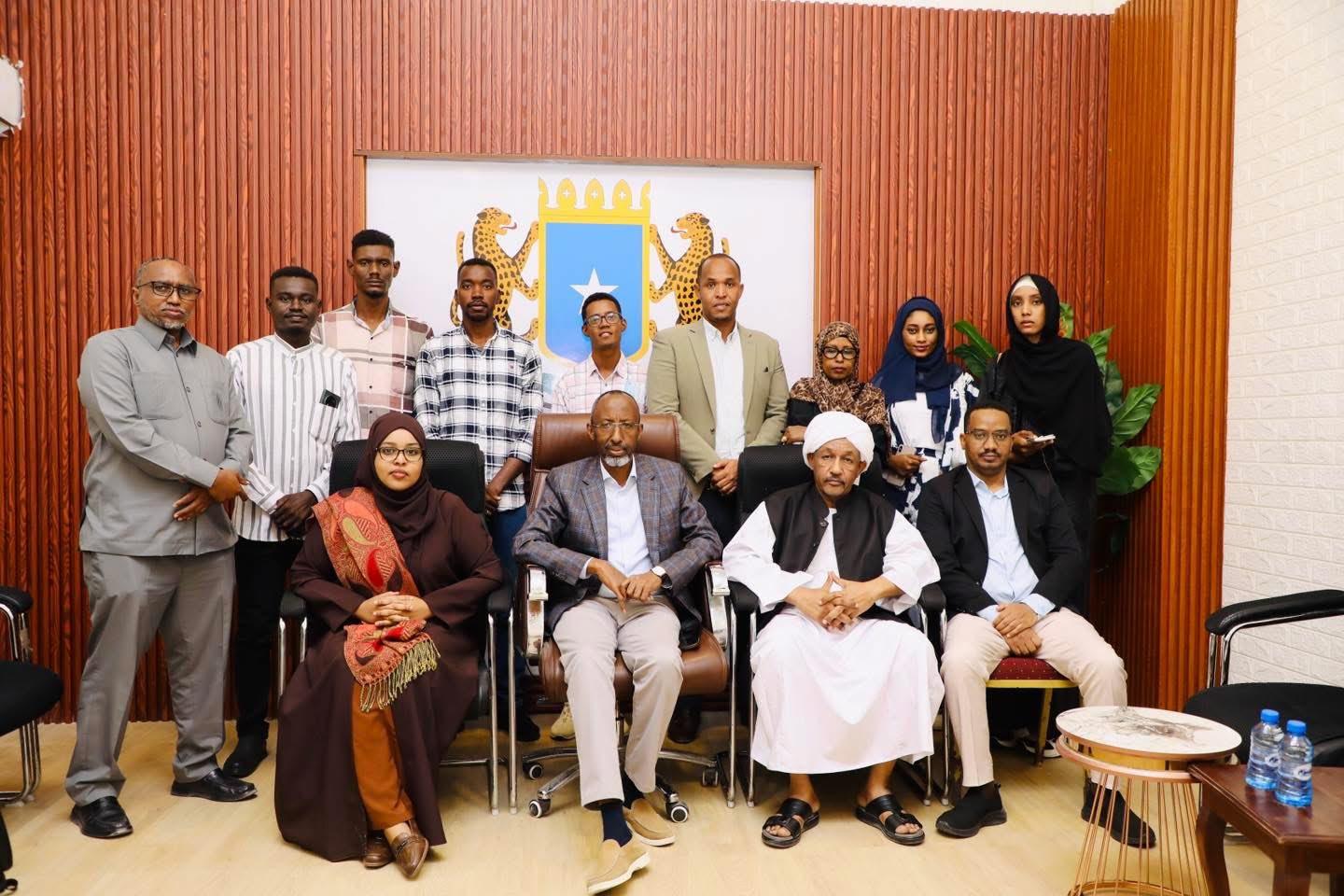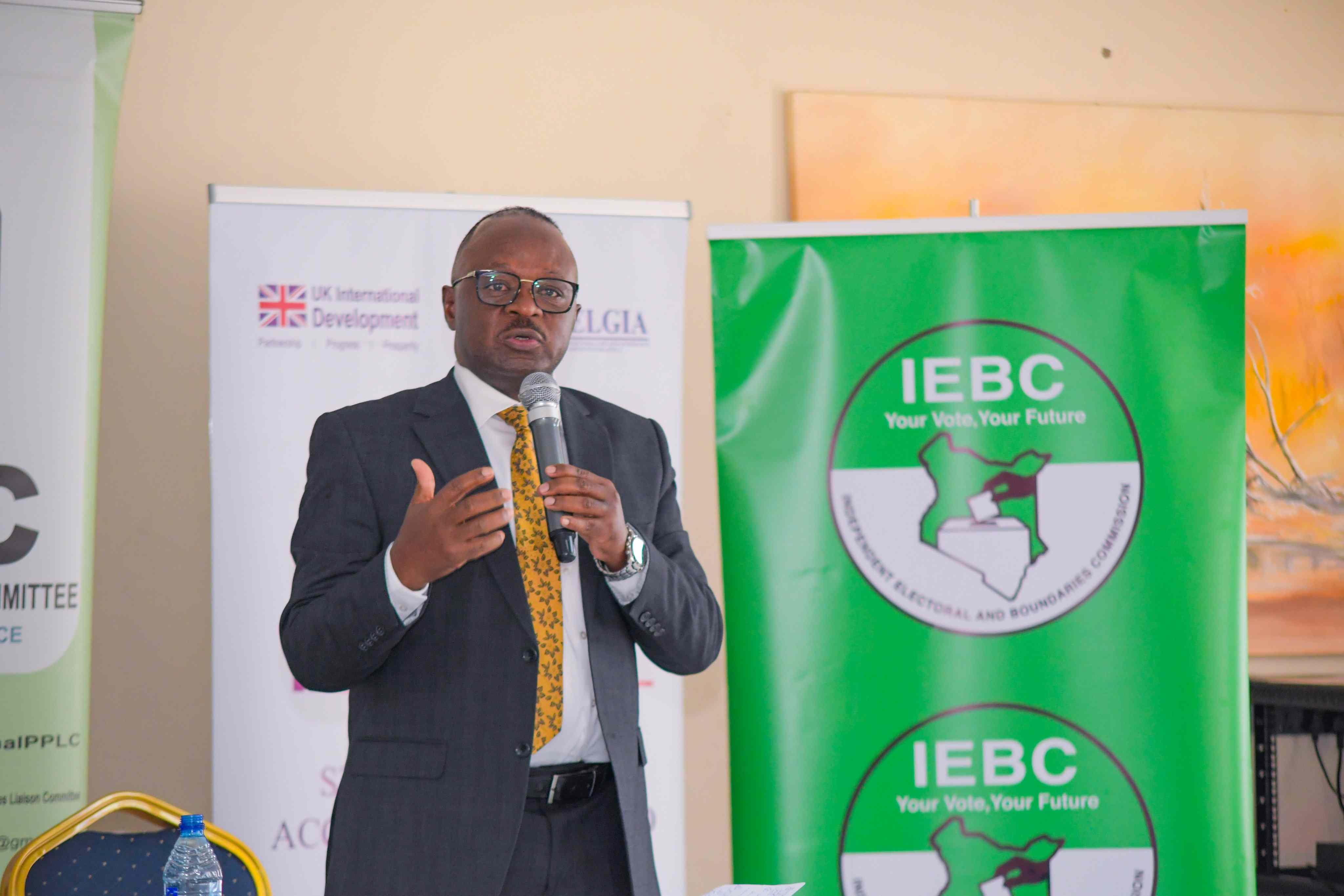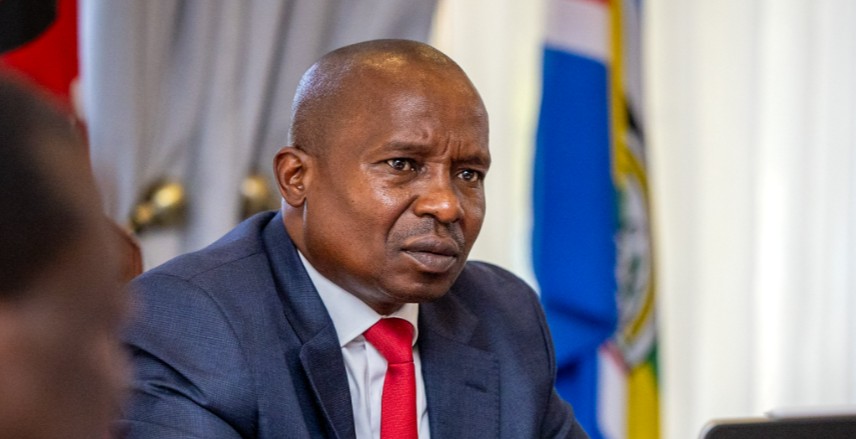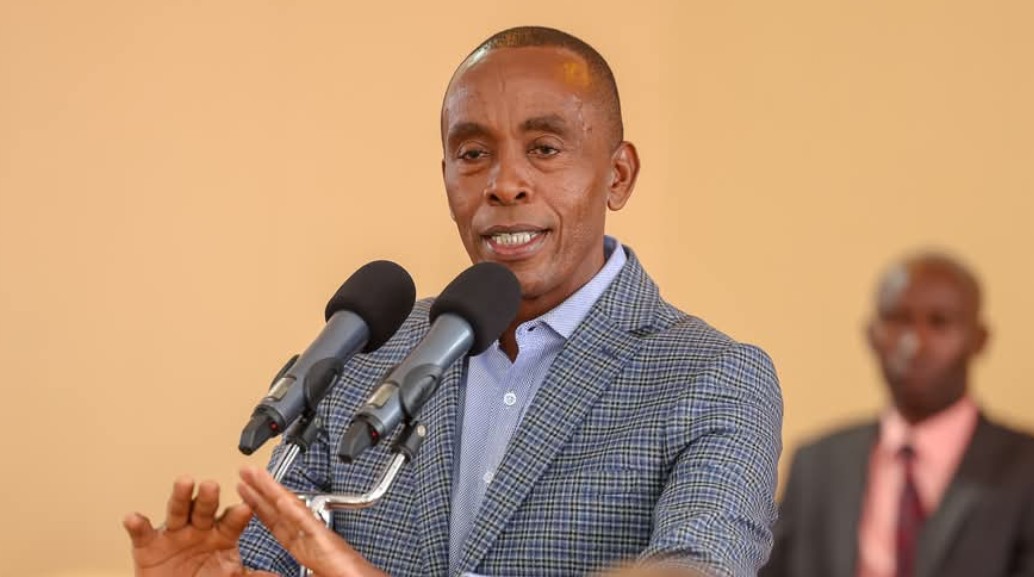Sudan war: ICC judges to decide fate of ex-militia leader accused of Darfur atrocities
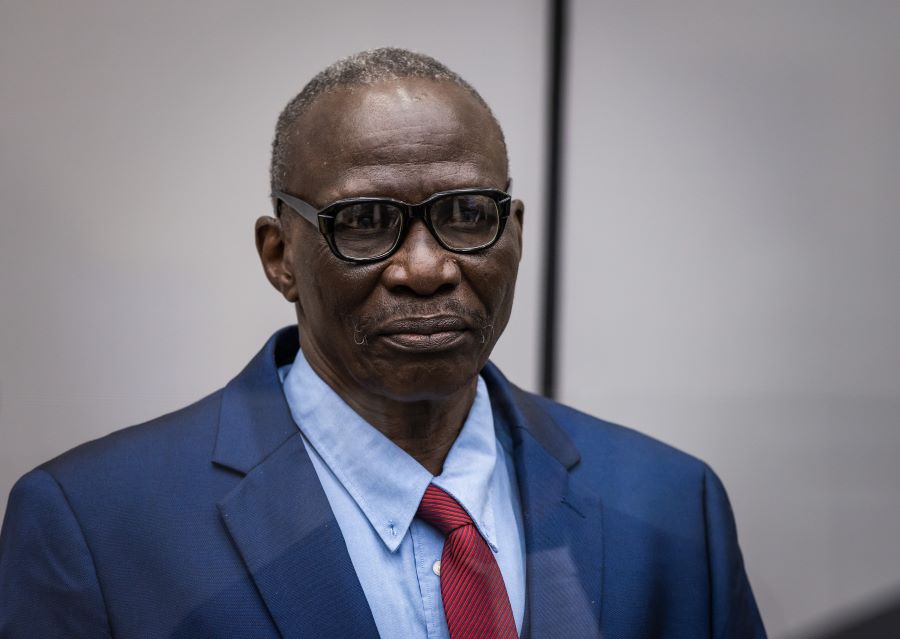
Abd-Al-Rahman, a suspected former leader of the pro-government Janjaweed militia, is accused of 31 counts of war crimes and crimes against humanity, said to have been committed in Darfur between August 2003 and March 2004.
The International Criminal Court (ICC) will on Monday deliver its ruling in the trial of Ali Muhammad Ali Abd-Al-Rahman, commonly known as “Ali Kushayb”, who has been facing charges of crimes against humanity and war crimes allegedly committed in Darfur, Sudan.
Ali Muhammad, a suspected former leader of the pro-government Janjaweed militia, is accused of 31 counts of war crimes and crimes against humanity, said to have been committed in Darfur between August 2003 and March 2004.
More To Read
- ‘I have to talk about it' - rape and terror sparks mass migration in Sudan
- ICC ends 13-year probe into Kenya’s post-election violence as two fugitives remain at large
- Sudan army makes major gains in South Kordofan, retakes key villages from SPLM-N
- Sexual violence driving mass flight from Sudan to South Sudan: What you need to know
- ICC urged to probe Tanzania over post-election civilian killings
- Why UN’s gradual move back to Khartoum, Sudan is ‘an important step’
“Pursuant to article 74 of the Rome Statute, the judges will either acquit or convict the accused. The accused before the ICC is presumed innocent. While the Prosecution must prove the guilt of the accused, the Trial Chamber will convict the accused only if it is satisfied that the charges have been proven beyond a reasonable doubt,” ICC said.
“The Chamber bases its decision only on the applicable law and on evidence submitted and discussed before it at the trial. In response to the verdict, the parties will be able to appeal the decision before the ICC's Appeals Chamber.”
The ruling will be delivered at 14:00 hours local time in The Hague by Trial Chamber I Judges Joanna Korner (Presiding), Reine Alapini-Gansou, and Althea Violet Alexis-Windsor.
A total of 74 witnesses gave evidence during the trial: 56 called by the Prosecution, 17 by the Defence, and one by the participating victims through their legal representatives.
The Darfur conflict, which began in 2003, pitted Sudanese government forces and allied Janjaweed militia against predominantly non-Arab rebel groups protesting against discrimination and neglect by Khartoum.
The conflict led to the deaths of hundreds of thousands of people and the displacement of millions. The Janjaweed were widely accused of committing ethnic cleansing, including the burning and pillaging of villages.
Ali Muhammad is alleged to have taken part in attacks on civilians in four Darfuri towns. He and militia members under his command are accused of committing widespread rape, torture, killings, and pillaging.
The United Nations Security Council referred the Darfur situation to the ICC Prosecutor on March 31, 2005. A first warrant of arrest was issued by Pre-Trial Chamber I on April 27, 2007, followed by a second warrant on January 16, 2018. The case only moved forward when Ali Muhammad voluntarily surrendered to the Court on June 9, 2020.
The confirmation of charges hearing, initially scheduled for December 2020, was postponed several times before commencing in May 2021. The charges against him include murder, torture, pillaging, and other inhumane acts amounting to crimes against humanity.
In 2022, the ICC stated that Ali Muhammad was alleged to have implemented a counter-insurgency strategy directed by Khartoum, which “also resulted in the commission of war crimes and crimes against humanity in Darfur.”
After a protracted hearing process spanning 150 sessions, during which testimony was heard from Prosecution and Defence witnesses, a victim’s witness, and more than 1,500 participating victims, the Court is now set to deliver its verdict.
Top Stories Today
